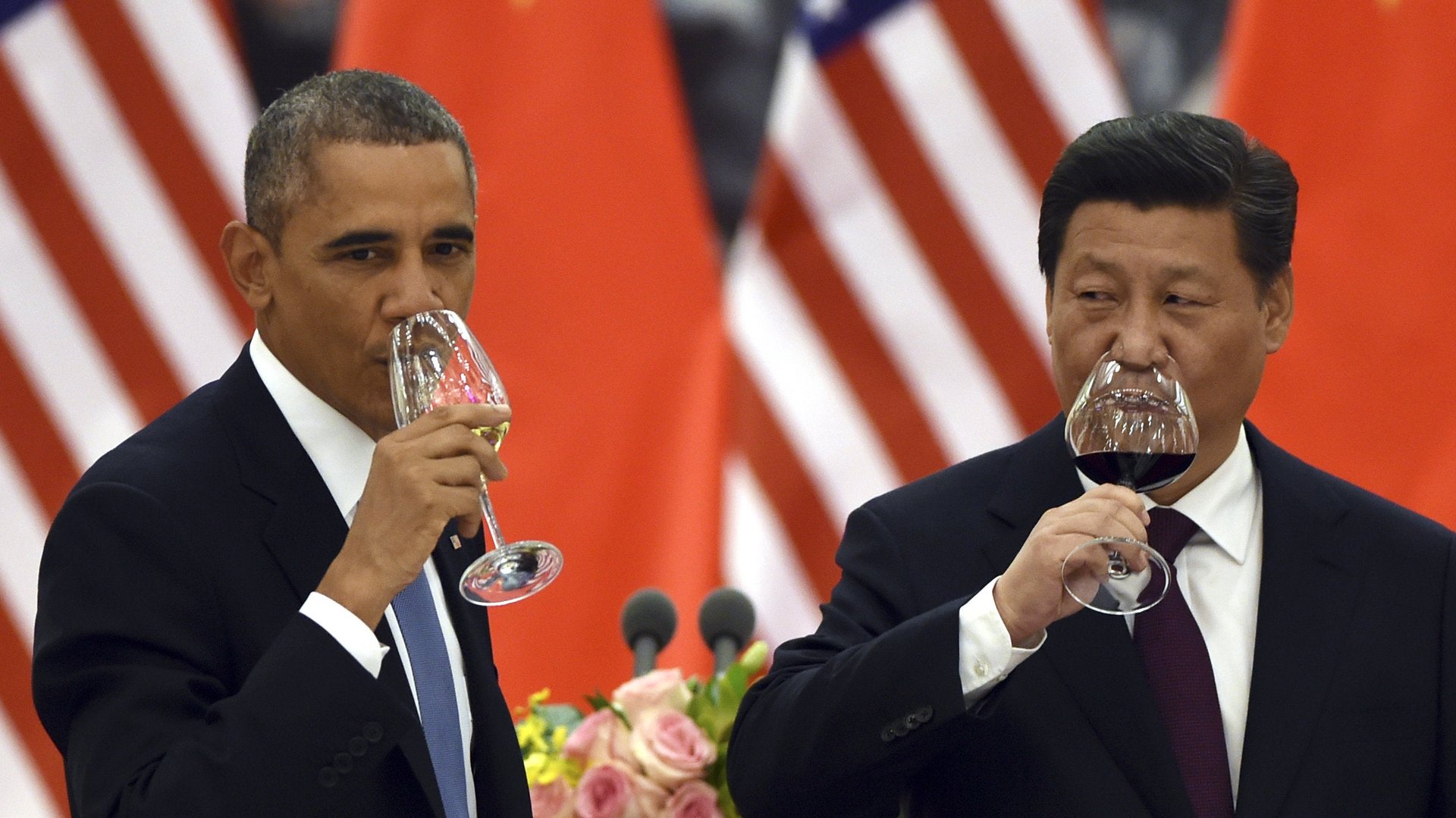Beijing backtracks on its some of its restrictive rules for foreign tech companies
The last few months haven’t brought much good news for foreign tech companies trying to do business in China—but that may be about to change. US commerce secretary Penny Pritzker confirmed to Reuters today that China has suspended its rules requiring tech companies selling equipment to Chinese banks to hand over source code, encryption keys, and submit to extensive audits.


The last few months haven’t brought much good news for foreign tech companies trying to do business in China—but that may be about to change. US commerce secretary Penny Pritzker confirmed to Reuters today that China has suspended its rules requiring tech companies selling equipment to Chinese banks to hand over source code, encryption keys, and submit to extensive audits.
Beijing’s climbdown comes after US business groups and prominent tech firms including Cisco, Qualcomm, and Microsoft complained about the new rules. Critics worried that the rules were a way for China to either shut foreign companies out entirely, or to steal proprietary technology. US president Barack Obama warned in March that Chinese officials are “going to have to change if they are to do business with the United States.“
Chinese regulators issued a notice dated April 13th that the rules had been suspended until further notice, and that the government was still seeking feedback from financial institutions. The notice stated that “financial institutions in the banking industry and related parties put forward opinions for improvements and proposed changes,” according to Reuters.
The rules are part of a broader crackdown on foreign companies in China and could still be resurrected. Officials are currently drafting a separate anti-terrorism law that would require foreign tech businesses—including consumer-facing companies like Apple—to give up encryption keys and install backdoors in their computer systems to provide access to Chinese law enforcement. And the stakes are certainly high: China’s technology spending is expected to account for 43% of global growth this year.